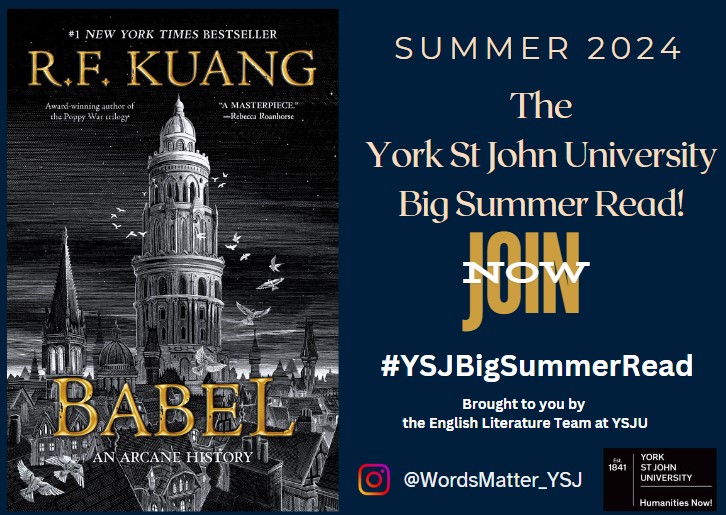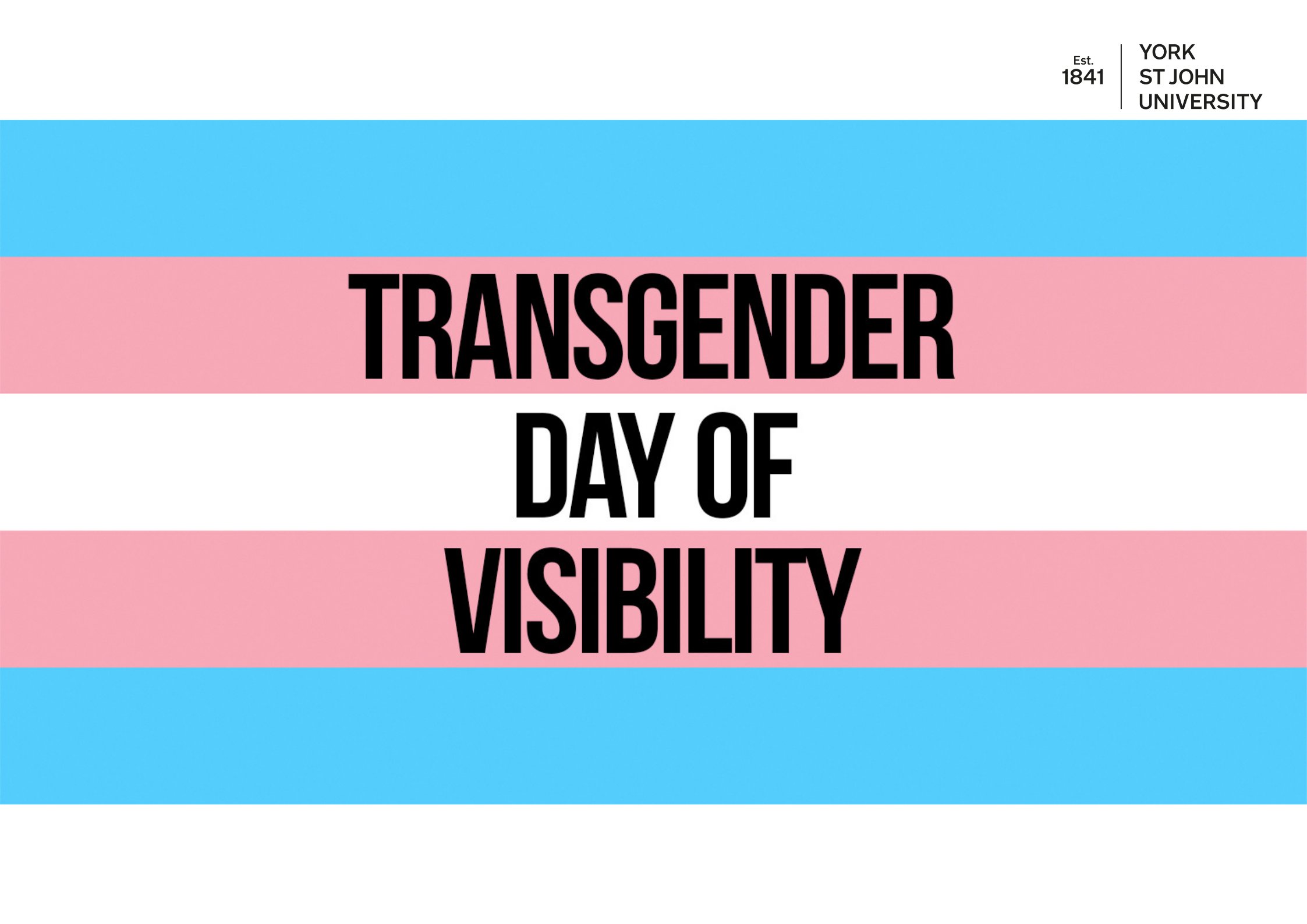Russian writers of conscience have long tried to wrest back ownership of their language. They have had ample reason to do so since the current regime declared the word “war” off limits in descriptions of its bloody acts in Ukraine. And the war is all over their work. True, Russian poets were temporarily stopped in their tracks just after the invasion began on February 24, 2022, but in the year that has elapsed since then hundreds of poems have been shared on social media.
Owing to the exodus of Russia’s educated elite since the war’s start, including that of many poets, defiant poems are being written by many who are safely out of the Kremlin’s reach. But others are boldly speaking out within Russia, and a few publishers and journals have taken real risks in making this work available to readers. Last autumn the St Petersburg publishing house Ivan Limbakh released Poeziia poslednego vremeni. Khronika, the title of which its editor, Yuri Leving, has translated as The Doomsday Poetry: Chronicles. Similarly courageous was the decision of the journal Volga to publish a large selection of anti-war poems by German Lukomnikov this January. His poetry is included in both Poeziia poslednego vremeni and the bilingual anthology Disbelief: 100 Russian anti-war poems, edited by Julia Nemirovskaya (who, like Leving, lives in the US).
Lukomnikov’s minimalist, faux-naive poems are idiosyncratic, but one of them, as translated in Disbelief, ruefully expresses a widely observed paradox: “My poetic lines, however well-styled, / never saved the life of anyone’s child”. Russian-language poets have few illusions about the power of poetry to stop tyrants, but they also know the potential of their work to arouse strong affective responses. Those feelings validate readers’ reactions to violence, and they open out a space where language has uses other than domination, aggression and lies.
Leving’s anthology is organized chronologically, Nemirovskaya’s alphabetically. These default principles imply entirely appropriate editorial logics: both books capture the initial shock of the invasion, and the rage, shame, lament and prayer that ensued, but it is too early for critical reflection on whether the war has reshaped Russian poetry. What is palpably clear is that poets are struggling to find new means of expression and resistance. This search is happening in public and in real time, another reason for the sheer volume of this poetry of resistance.
Refusing to cede linguistic authority has its own history, and Paul Celan’s reimagination of a German language twisted back on itself remains an exemplary model for how Russian poetry might repudiate Russian barbarity. A striking poem by Maria Boteva included in Disbelief opens with the German phrase “jeden Tag” (“every day”) and takes as its defining metaphor a search in the German dictionary for the “language of peace”. Boteva registers, at the level of language, that Germany’s decades-long assumption of responsibility for the Nazi horrors could model the work Russians will face when the war ends. The poem ends with the exhortation “never again”, another echo of the Holocaust and an acknowledgment that the atrocities committed by Russian troops are comparable crimes against humanity.
Anthologies, as the scholar Anne Ferry noted, usually seek either to introduce a new strain in poetry or to gather texts from a nearly forgotten past. These war-related anthologies aim to do something else: they are like placards held up at a demonstration, meant to exhort, to encourage, to taunt and to defy. They offer hope to multiple audiences and seek to lay the groundwork for a less violent future.
Can Russian poetry really lay that groundwork? A fair question, even in a culture where a poet has long been more than just a poet. Following the invasion the poets Dmitry Kuzmin and Yevgeny Nikitin jointly posted two manifestos on Facebook, each signed by more than 100 Russian writers. One of them pointed towards Ukrainian poetry as a source of inspiration and guidance. It concluded: “Right on our doorstep, another nation at this very moment is demonstrating the kind of courage, fortitude and unity of political leaders with poets, intellectuals and the military, with public figures and the most ordinary of people – the very qualities that we can only dream of for our own nation.”
And so it is that in addition to the flood of Russian poems there have also been vast numbers of translations of Ukrainian poetry into Russian. Kuzmin is a leader in this effort, alongside sustained new work by Stanislav Belsky and inspired contributions by many others. Translated Ukrainian poetry is also appearing in English publications at an ever-accelerating pace. Yuri Leving’s and Julia Nemirovskaya’s collections of Russian poems are significant and absorbing. But the people of Ukraine, including Ukrainian poets, are demonstrating the kind of courage and steadfastness that we can only dream of emulating.
Stephanie Sandler teaches at Harvard University. Her study of contemporary Russian poetry, The Freest Speech in Russia, will appear in 2024
Browse the books from this week’s edition of the TLS at the TLS Shop
The post Antiwar music appeared first on TLS.




